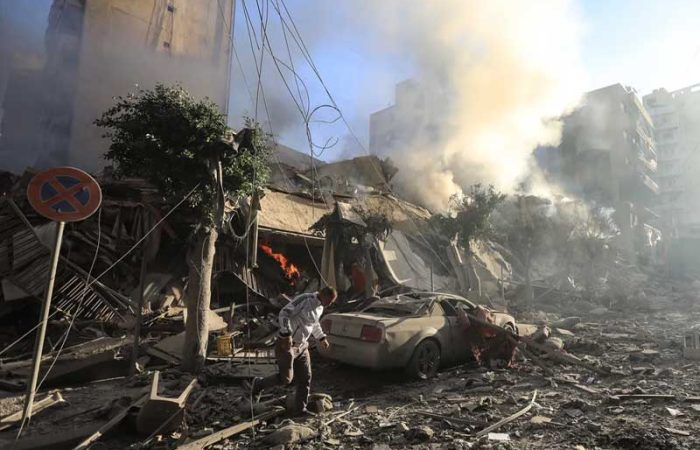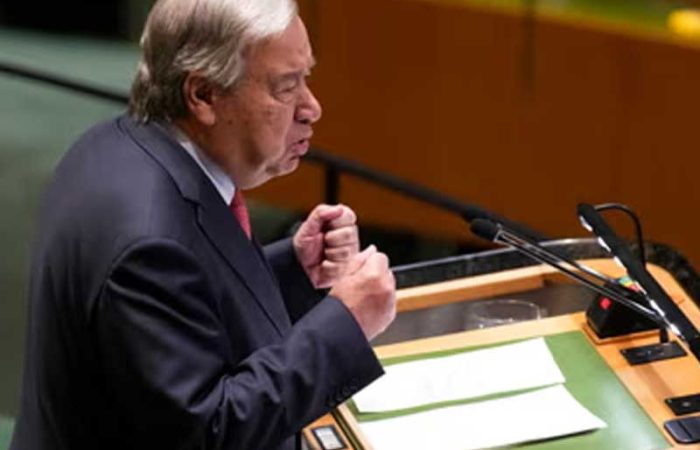The International Criminal Court (ICC), established in 2002 and based in The Hague, prosecutes individuals for war crimes, crimes against humanity, genocide, and aggression. Recently, the ICC requested arrest warrants for Israeli Prime Minister Benjamin Netanyahu, Defence Minister Yoav Gallant, and three Hamas leaders for alleged war crimes in Gaza.
- Trying the Gravest Crimes:
The ICC prosecutes serious international crimes, including those in Darfur, DRC, Gaza, Georgia, and Ukraine. It has successfully prosecuted war crimes in Yugoslavia and addressed crimes like using child soldiers and sexual violence. - Involving Victims:
Victims participate in ICC proceedings and can provide information to the Prosecutor. The ICC Trust Fund for Victims supports reparations and assistance programs for over 450,000 victims. - Ensuring Fair Trials:
Defendants have rights including the presumption of innocence, the right to a lawyer, and trials in a language they understand. The ICC faces challenges due to the complexity and scale of crimes. - Complementing National Courts:
The ICC acts as a last resort when national courts cannot or unwillingly prosecute serious crimes, working alongside national and international tribunals. - Building More Support for Justice:
The ICC relies on cooperation from over 120 States Parties for arrests, witness protection, and other support, as it lacks enforcement mechanisms.



